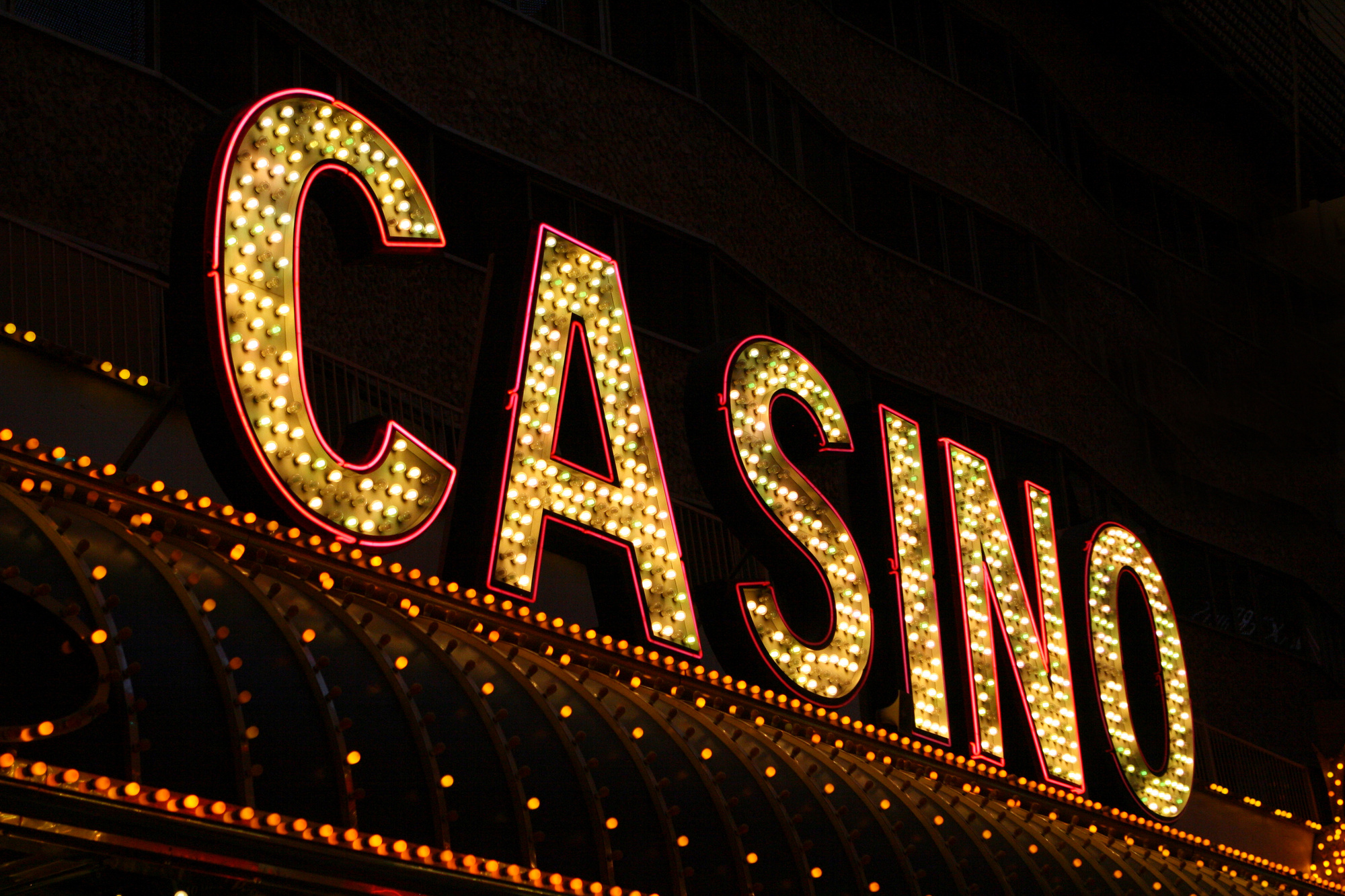Gambling Games and Their Influence in Popular Culture

Casino games have long captured the interest of humans around the world, becoming an important part of both fun and tradition. From the glimmering lights of the Vegas Strip to the immersive experience of internet gambling, these experiences evoke thrill, danger, and sometimes even a sense of sentimentality. They are not just simply pastimes; they have woven themselves into the texture of our lives, influencing various aspects from film and songs to fashion and literature.
The allure of casino games transcends the betting aspect, tapping into larger themes of serendipity, risk, and psychology. casinos not on GamStop As players assemble around a gaming table or turn the roulette, they engage in an age-old ritual that connects with our shared desire for thrill and uncertainty. This captivation has led to the growth of many references in cinema, songs, and electronic games, showcasing how strongly entrenched these pastimes are in popular culture. Whether it is the intense drama of a classic heist movie or the lively nightlife portrayed in recordings, casino games have carved out a substantial place that reflects our bond with risk and reward.
Social Impact of Gambling Games
Casino games have played a crucial role in cultural aspects throughout history. Originating from old civilizations, games of chance were often connected to rituals or gatherings. For instance, early iterations of gambling can be traced back to ancient China and the Roman Empire, where die games and wagering on results were popular pastimes. These activities not only functioned as leisure but also as methods of social interaction, facilitating relationships among people within communities.
As societies evolved, so did the sophistication and structure of gambling games. The establishment of formal casinos in the 17th century, particularly in the Italian region, marked a major shift in how games were viewed and organized. With specific spaces for gambling, the casino became a social hub where people from various backgrounds gathered. This evolution contributed to the legitimization of gambling, transforming it from a mere pastime into an organized industry that influenced the economy and policy.
The effect of casino activities on popular culture cannot be overlooked. As they were popularized in literature and film, games such as poker and 21 became icons of chance, luck, and strategy. Famous figures and stories have developed around these activities, reflecting societal views towards luck, wealth, and vice. This interest with casino activities has permeated various forms of entertainment, cementing their place in the collective consciousness and connecting them to wider cultural stories throughout the ages.
Representation of Casino Games in Entertainment
Casino activities have long been a popular subject in various forms of media, reflecting both the fascination and intricacies of the world of gambling. Films such as Ocean’s 11 and Casino Royale portray figures who navigate intense situations, showcasing not only the attractiveness of the casino atmosphere but also the methods and decisions that come with playing popular games like Texas Hold’em and blackjack. These movies often dramatize the excitement of winning and the potential repercussions of losing, encapsulating the perils involved in betting.
TV programs have also explored the realm of casino games, often integrating them into the narrative as a setting for character development and drama. Shows like Las Vegas depict the stories of casino workers and patrons, highlighting the vibrant, often tumultuous energy of the casino floor. Reality shows featuring high-stakes betting contests further emphasize the fascination of casino games, drawing viewers into the drama and strategy involved in each game. Through these portrayals, media not only amuses but also prompts conversations about luck, expertise, and the nature of randomness.
Video games have increasingly included casino games into their design, allowing players to simulate the thrill of gambling without monetary loss. Games within the realm of digital gaming often include online slot machines, poker, and other popular casino games, creating an engaging environment that mirrors actual casino experiences. These virtual portrayals make casino games accessible to a worldwide viewer base, appealing to both players who indulge and those who enjoy the rush of simulation. As a result, the portrayal of casino games in entertainment continues to shape public perception and cultural significance, highlighting their place in society and social context.
Effect of Casino Games on Society
Casino games have a significant impact on communities, influencing various facets of societal norms and social behavior. They often serve as a venue for community engagement, where people come together to enjoy a common activity. Game nights with friends or visits to casinos become group events that foster connections and create shared moments. This communal aspect boosts the fun value of gambling activities, making them a popular choice for festivities and recreational pursuits.
Moreover, gambling activities have been depicted in numerous films, TV series, and written works, shaping views and attitudes towards gambling and betting. Icons like James Bond competing in baccarat or the intense poker scenes in films have cemented these games in the collective imagination. This representation often glamorizes the lifestyle associated with casino activities, drawing in new players and influencing trends in both style and behavior. These representations can ignite curiosity and lead to a deeper investigation of the nuances of gambling.
Nonetheless, there are also adverse consequences linked to the popularity of casino games. The temptation of quick monetary gain can lead to gambling addiction and economic troubles for some individuals. Society must contend with these consequences, advocating for responsible gaming and education of the dangers involved. Finding a balance between the entertainment value of gambling activities with the risks is vital to ensure that they continue to be a positive aspect of our cultural landscape.